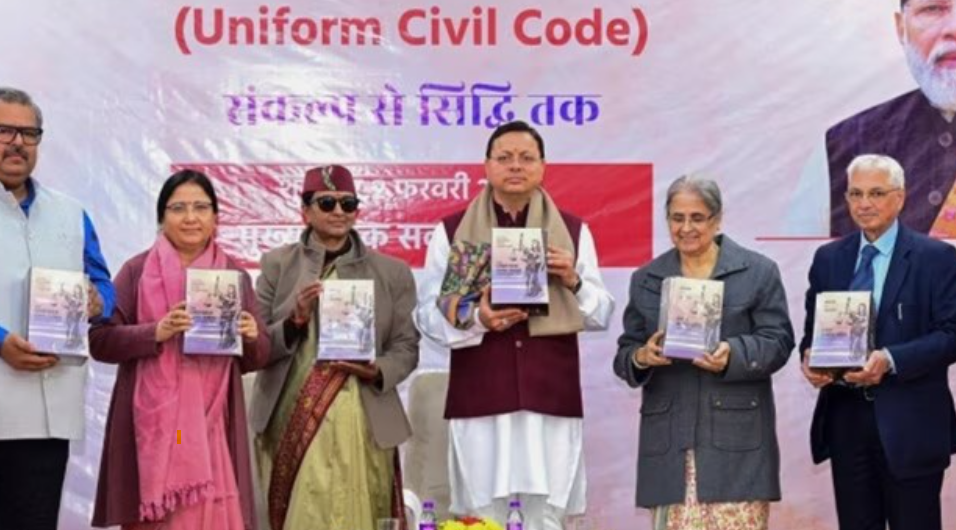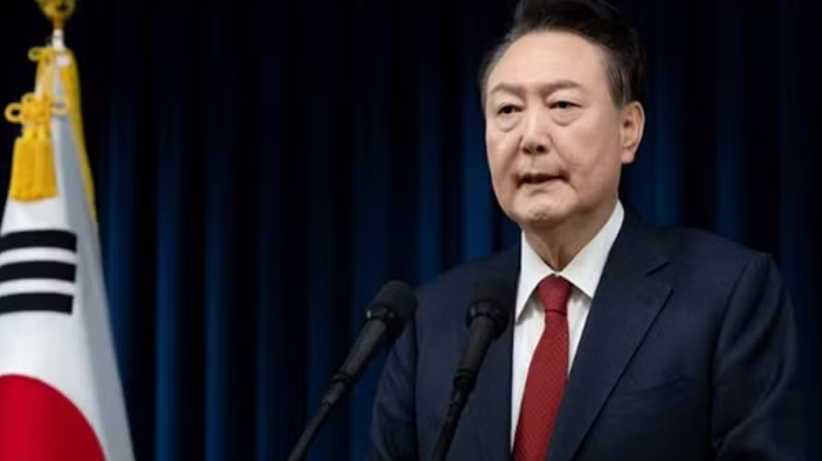Nainital– The Uniform Civil Code (UCC), implemented in Uttarakhand from January 27, 2025, has been legally challenged in the High Court through multiple petitions, including those filed by Muslim organizations. The court has decided to club these petitions with those filed earlier and will conduct a joint hearing on March 1, 2025.
Petitioners Challenge UCC Provisions
A bench headed by Chief Justice G. Narendra is hearing the case. Uttarakhand Jamaat-e-Ulema-e-Hind President Mohammad Mukim (Haldwani), Secretary Tanjim (Haridwar), members Shoaib Ahmed (Nainital), Mohammad Shah Nazar (Dehradun), and Abdul Sattar (Dehradun) have challenged multiple provisions of UCC. Additionally, Naeem Ahmed (Dehradun), Hijab Ahmed (Bijnor), Javed Akhtar (Dehradun), and Aqib Qureshi (Dehradun) have also filed petitions.
Senior Supreme Court advocate Kapil Sibal appeared via video conferencing, but the court has scheduled the next hearing for April 1, 2025. Advocate Aarushi Gupta has challenged UCC provisions through a PIL, while Bhimtal resident Suresh Singh Negi has filed a PIL against UCC’s live-in relationship provisions. Another petition by Elmasuddin and others from Dehradun has also been filed against UCC, prompting the High Court to issue a notice to the government.
High Court Seeks Response from Centre and State Government
The Nainital High Court has issued a notice to both the Central and Uttarakhand State Government, asking them to submit their response within six weeks regarding the challenges to UCC provisions.
During a hearing on Wednesday, a bench of Chief Justice G. Narendra and Justice Ashish Naithani reviewed petitions challenging UCC provisions related to Muslim marriages, divorce, iddat, and inheritance.
Petitioners’ lawyers argued that Islamic laws, as derived from the Quran, are an essential religious practice and that UCC violates Article 25 of the Indian Constitution, which guarantees freedom of religion. Section 390 of UCC allegedly overrides Muslim marriage, divorce, and inheritance customs, leading to concerns over religious rights and civil law conflicts.



